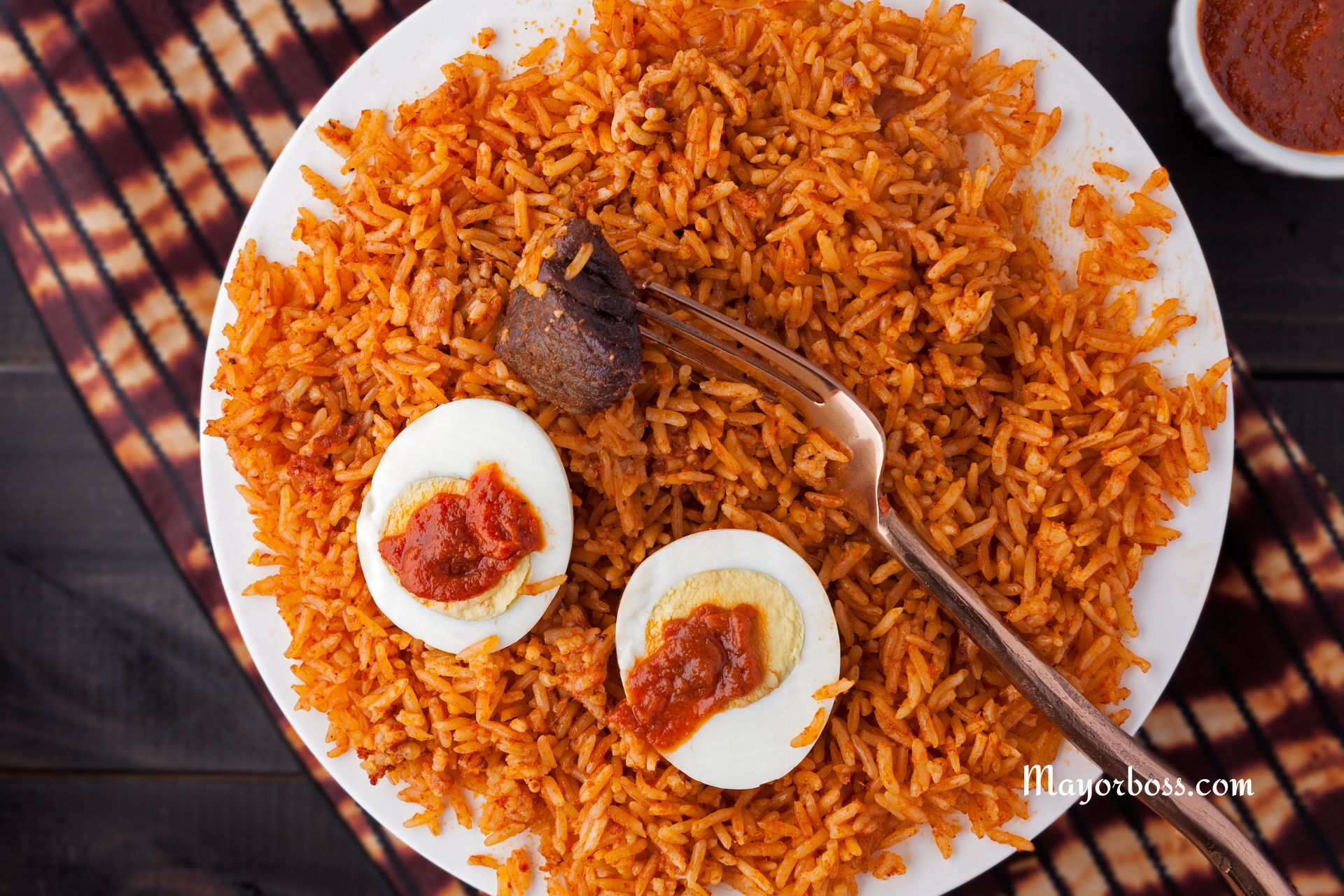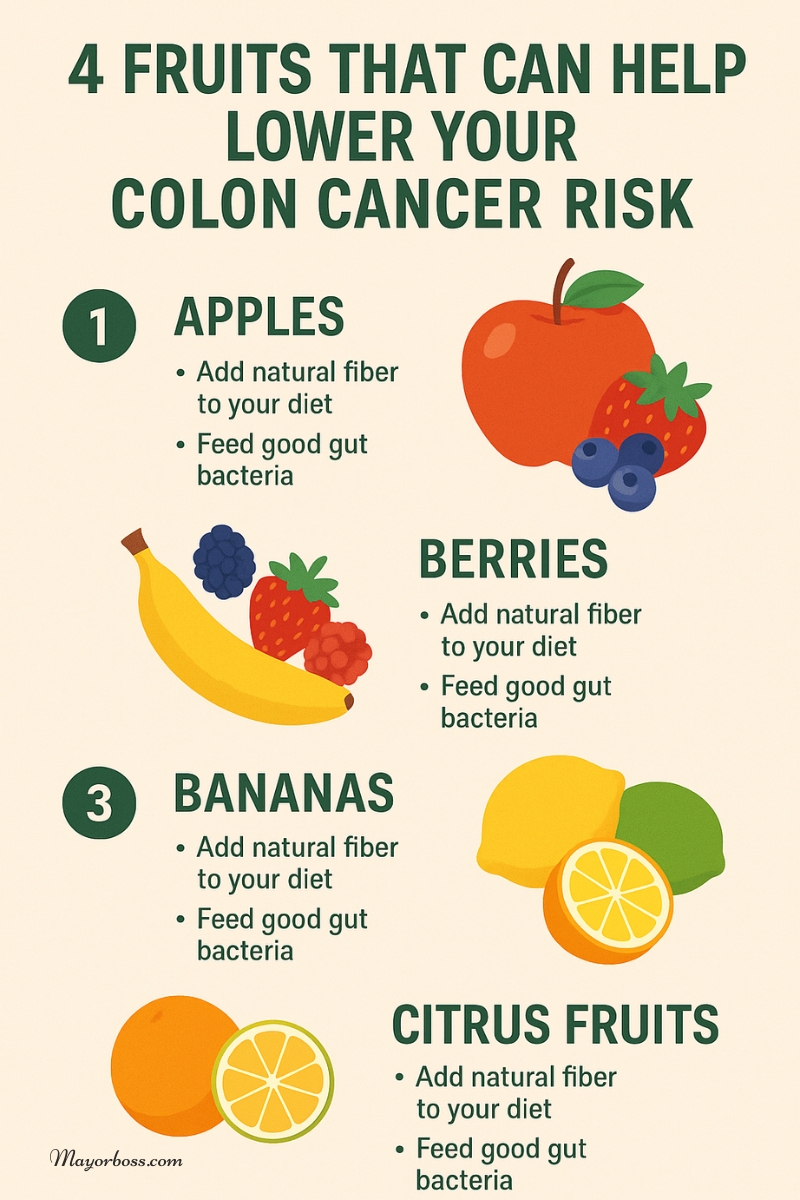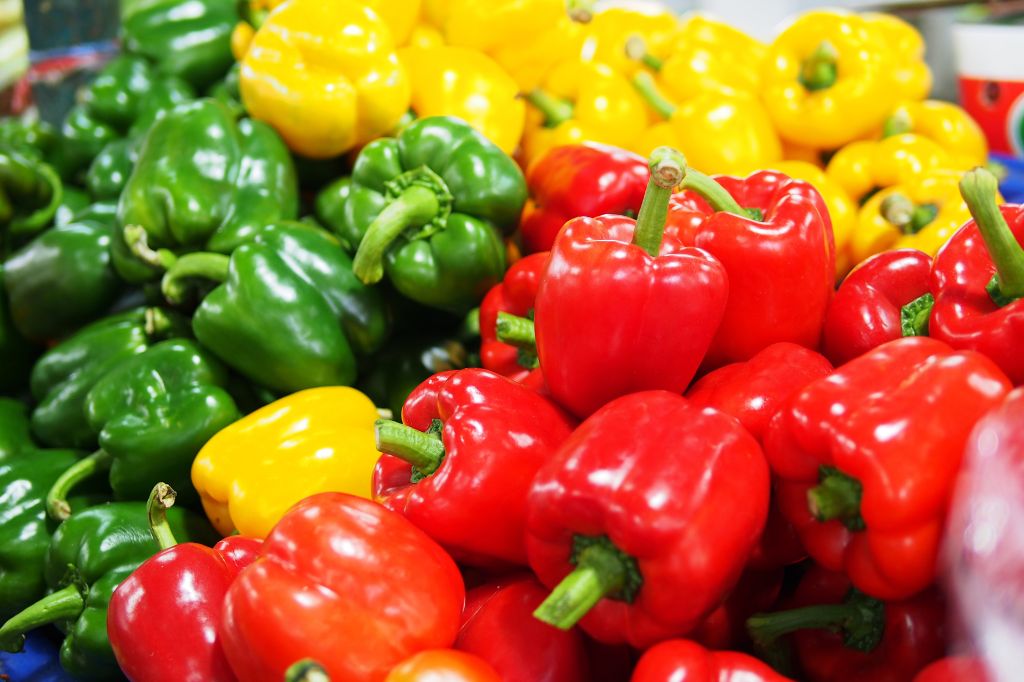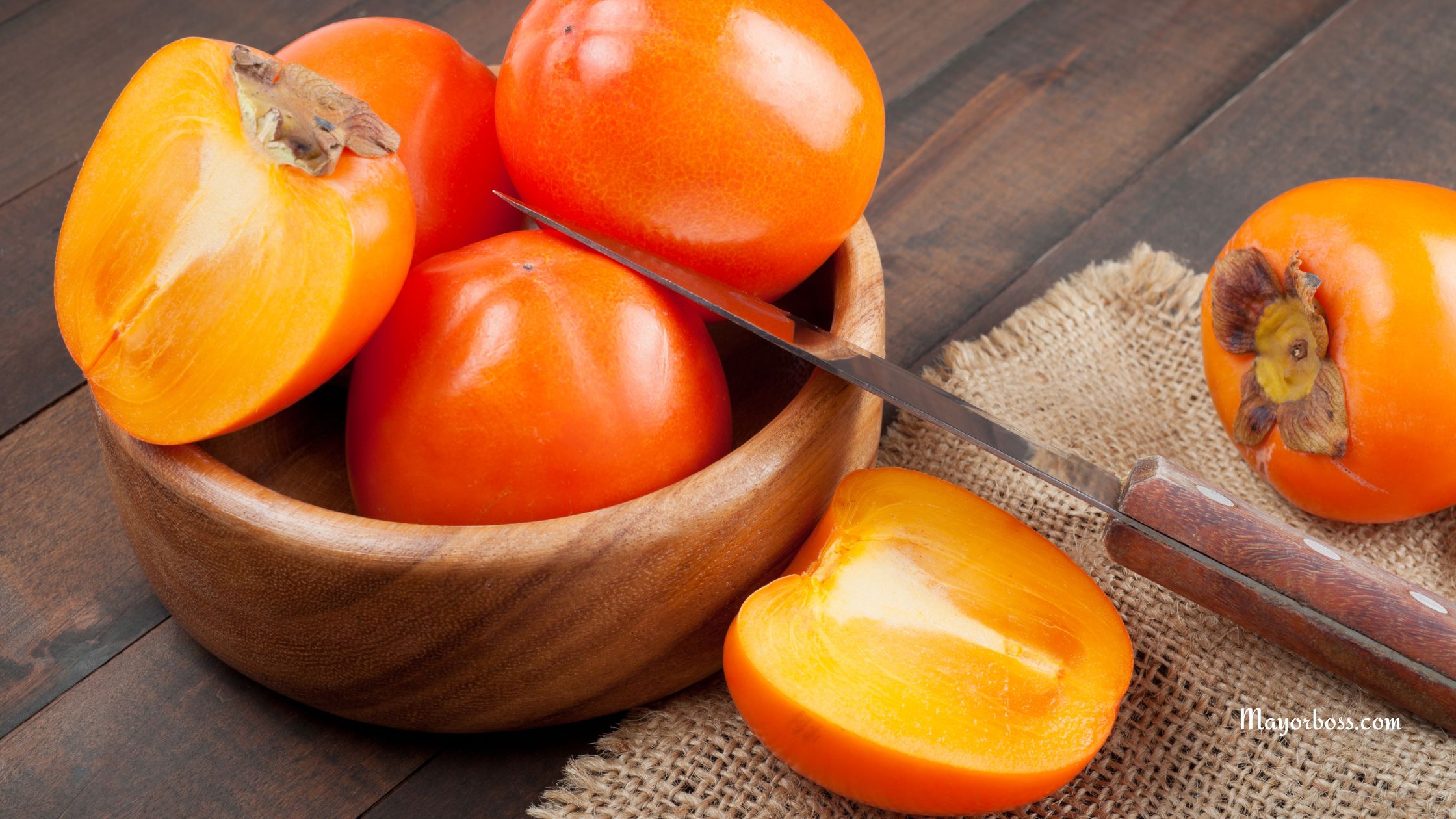7 Foods That Are Good for Crohn’s Disease
Crohn’s disease can be a real challenge, but the good news is that certain foods can help manage symptoms and maintain your health. Here’s the deal: not all foods are created equal when it comes to Crohn’s. While some can trigger flare-ups, others can be surprisingly soothing. Let’s get to the point and glance into the seven foods that are good for Crohn’s disease.

1. Cooked Vegetables
You bet! Cooked vegetables are easier to digest than raw ones. This means they’re less likely to irritate your gut. Think about it: soft, cooked carrots, squash, and potatoes are not just delicious but also packed with essential nutrients. Just be sure to avoid veggies with skins or seeds, as they can be tougher on your stomach.
2. Lean Proteins
Here’s the secret: lean proteins are your friend. They provide the energy you need without causing extra stress to your digestive system. Chicken, turkey, and fish are excellent choices. And honestly, they can be cooked in a variety of ways to keep your meals interesting and flavorful.
3. Ripe Bananas
Now, hang on a minute, not all fruits are off-limits. Ripe bananas are a fantastic option for Crohn’s patients. They’re easy to digest and high in potassium, which can help you recover from dehydration. Plus, they’re a sweet treat that can satisfy your craving without the drawbacks.
4. Eggs
Believe it or not, eggs are a powerhouse of nutrition and are gentle on the stomach. Whether scrambled, poached, or made into an omelet, eggs provide high-quality protein and essential vitamins. They’re versatile and can be a part of any meal, making them a go-to for many with Crohn’s.
5. Oatmeal
The truth is that oatmeal is a fantastic source of soluble fiber, which can help regulate digestion. It absorbs water and can reduce diarrhea by making stools firmer. Just opt for plain oatmeal and avoid the high-sugar varieties. You can sweeten it with a bit of honey or ripe bananas for a nutritious breakfast.
6. Rice
And here’s something really interesting: Rice is one of the safest grains for people with Crohn’s. It’s easy on the digestive system, especially when cooked until soft. White rice is particularly gentle, but you can also try brown rice if you tolerate it well. It’s a simple, soothing staple that pairs well with many dishes.
7. Yogurt with Live Cultures
Probiotics, anyone? Yogurt with live cultures can introduce beneficial bacteria into your gut, aiding digestion and potentially reducing inflammation associated with Crohn’s. Choose plain, low-fat yogurt and ensure it has active cultures. If you’re lactose intolerant, opt for lactose-free versions or kefir.
Frequently Asked Questions
1. Can I ever eat raw vegetables if I have Crohn’s disease?
Not necessarily. While cooked vegetables are usually safer, some people with well-managed Crohn’s can tolerate certain raw vegetables. It’s all about personal tolerance and ensuring the disease is under control.
2. Are there any proteins that should be avoided?
Yes, it’s true! Fatty meats and processed meats can exacerbate symptoms. Ideally, stick to lean cuts and avoid fried or heavily processed options.
3. Can I eat nuts and seeds if I have Crohn’s disease?
Usually, nuts and seeds are tough on the digestive system due to their high fiber content. It’s best to avoid them during flare-ups. If you tolerate them well, try them in small amounts or in a ground form.
3. How can I make my diet less boring while managing Crohn’s?
Let’s be honest, it can be challenging, but variety is key. Experiment with herbs and spices to add flavor without irritation. And don’t forget, there are many ways to prepare the foods on this list to keep your meals interesting and tasty.






